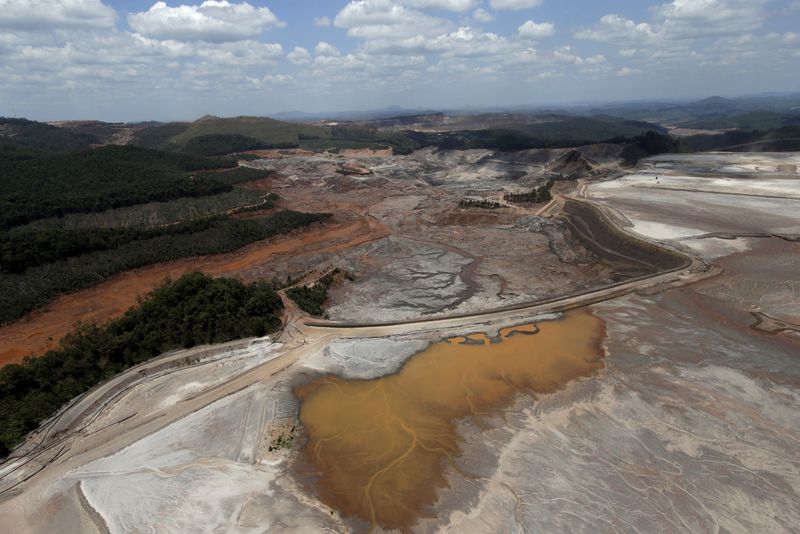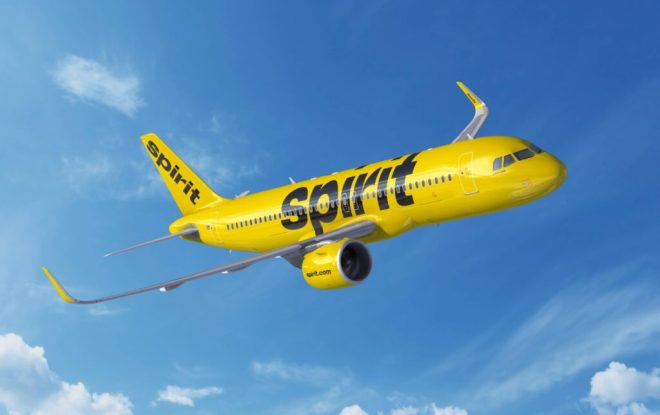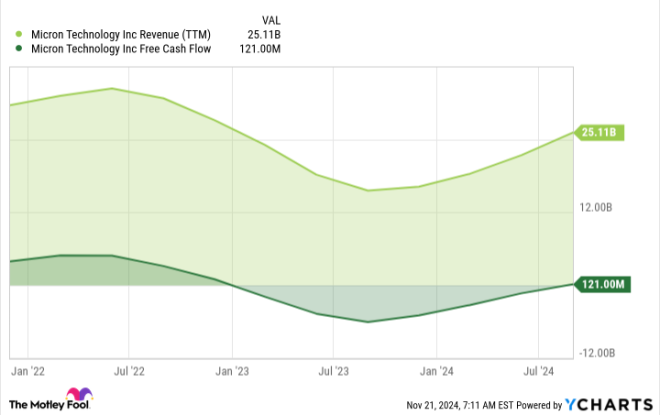BHP trying to avoid responsibility over Brazilian dam collapse, UK court told
By Sam Tobin
LONDON (Reuters) -BHP is cynically trying to avoid its responsibility for Brazil’s worst environmental disaster, lawyers representing thousands of victims told London’s High Court on Monday, as a lawsuit worth up to 36 billion pounds ($47 billion) began.
More than 600,000 Brazilians, 46 local governments and around 2,000 businesses are suing BHP over the 2015 collapse of the Mariana dam in southeastern Brazil, which was owned and operated by BHP and Vale’s Samarco joint venture.
The dam’s collapse unleashed a wave of toxic sludge that killed 19 people, left thousands homeless, flooded forests and polluted the length of the Doce River.
BHP, the world’s biggest miner by market value, is contesting liability and says the London lawsuit duplicates legal proceedings and reparation and repair programmes in Brazil and should be thrown out.
It also says nearly $8 billion has already been paid to those affected through the Renova Foundation, with around $1.7 billion going to claimants involved in the English case.
The lawsuit, one of the largest in English legal history, entered a decisive stage on Monday with the beginning of a 12-week trial to determine whether BHP is liable.
The claimants’ lawyer Alain Choo Choy said in court filings made public on Monday that “there is a chasm between what BHP regards as ‘acceptable’ and the compensation to which the claimants consider themselves legally and morally entitled”.
He argued that BHP’s actions in fighting the case and funding separate litigation in Brazil showed the miner was “cynically and doggedly trying to avoid” responsibility.
“Although that is BHP’s choice, it cannot properly now claim to be a company ‘doing the right thing’ by the victims of the disaster,” Choo Choy added.
‘EXAGGERATED’
BHP argues it did not own or operate the dam, which held minings waste known as tailings. It said a Brazilian subsidiary of its Australian holding company was a 50% shareholder in Samarco, which operated independently.
The miner also said it had no knowledge the dam’s stability was compromised before it collapsed.
Lawyers representing the miner said in court filings: “There is no law or contract which imposed any duty of safety on the ultimate parent company of a non-controlling shareholder and the other parent company in the same corporate group.
“Nor was there any breach of such duty of safety. And nor did BHP’s acts or omissions cause the collapse.”
BHP also said that parts of the lawsuit were “implausible or exaggerated”.




Leave a Reply